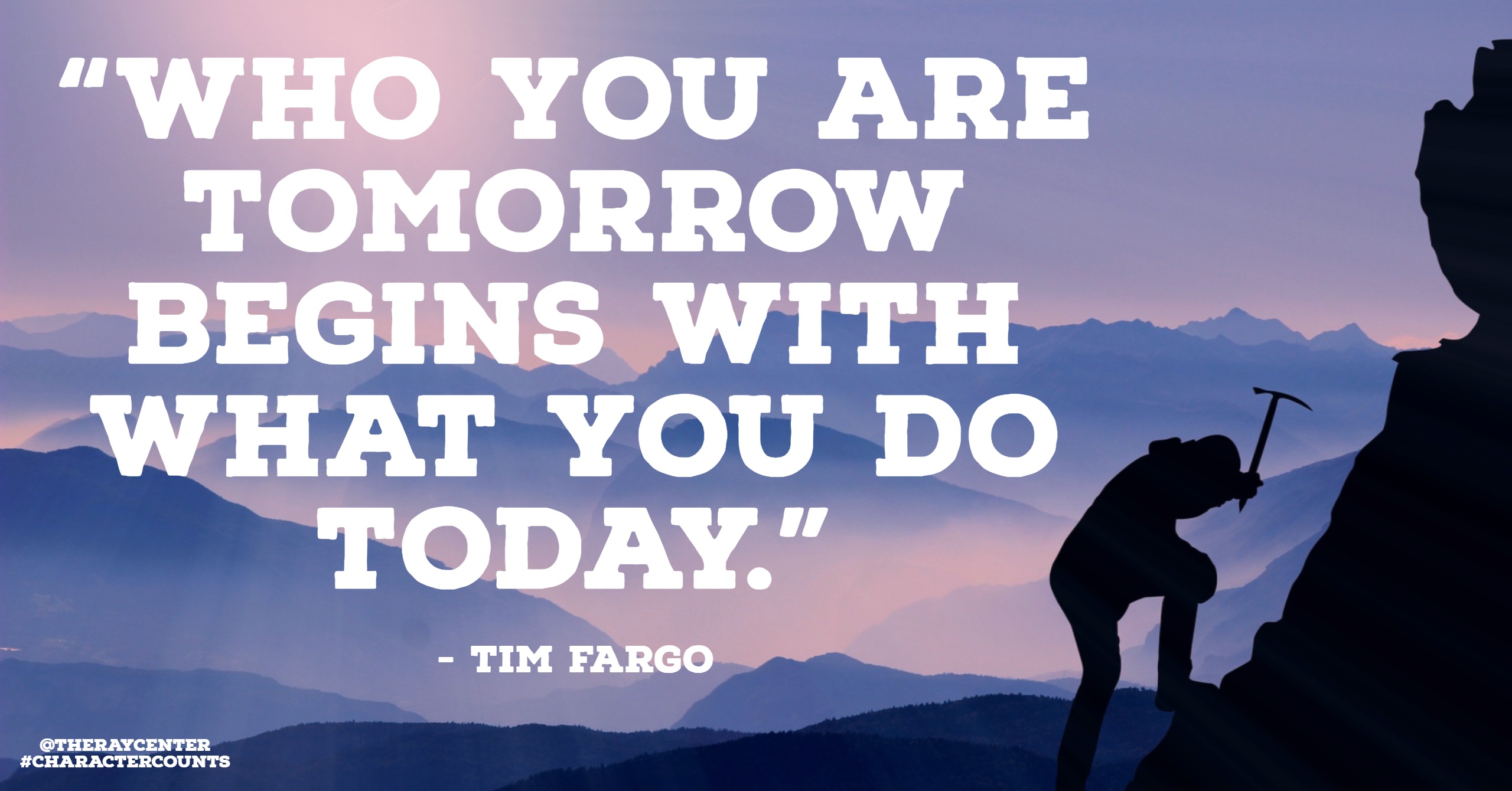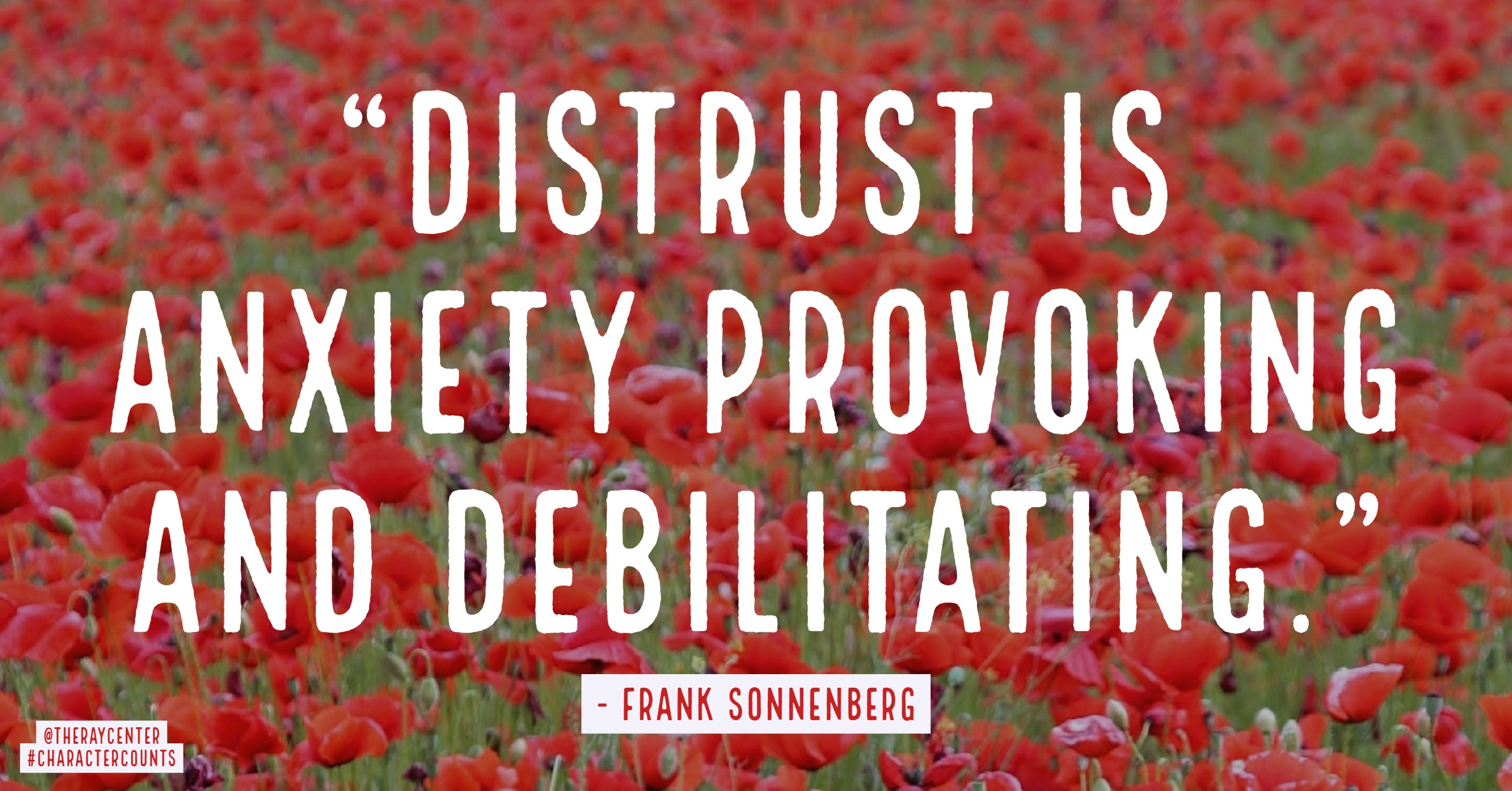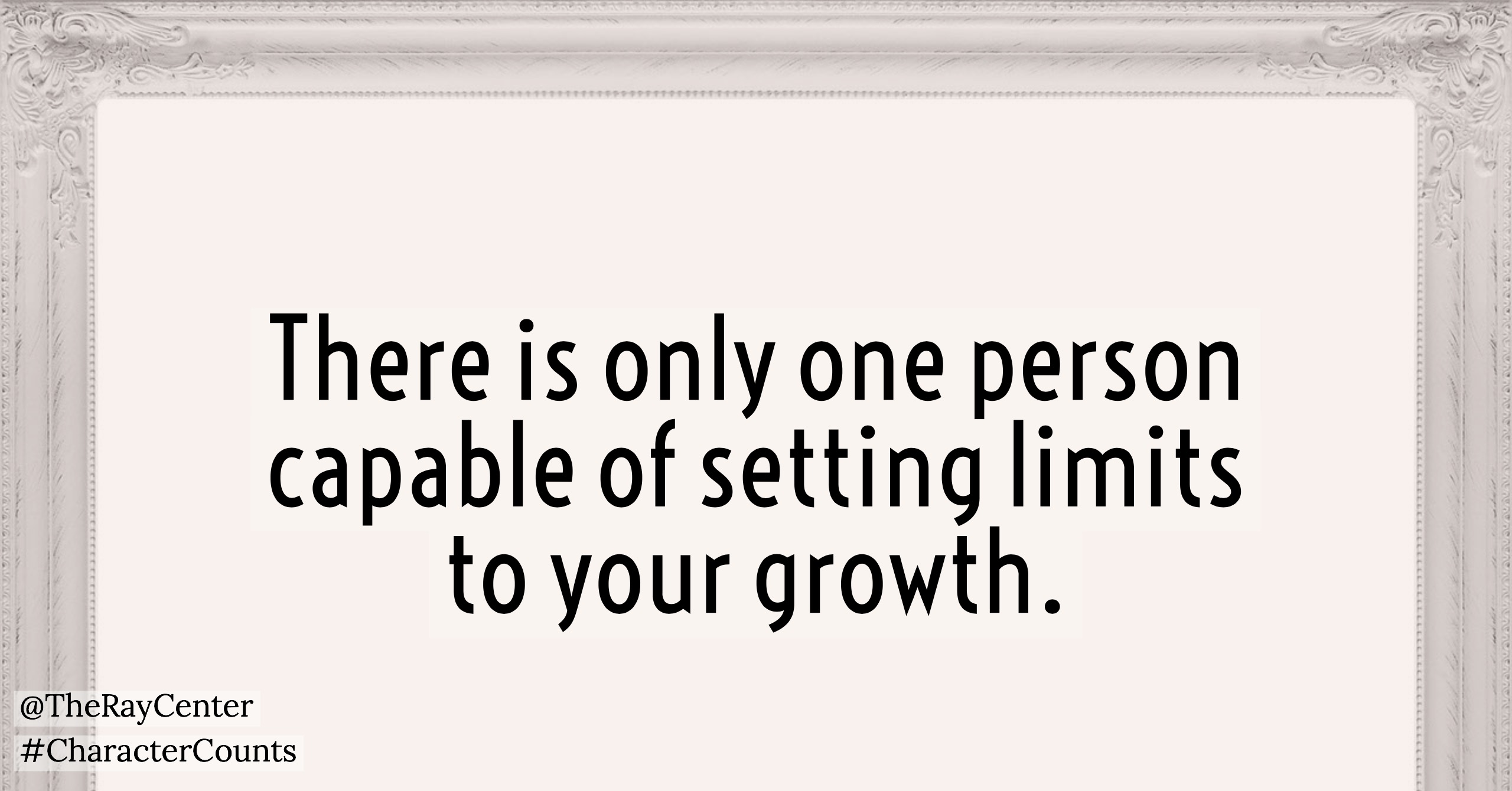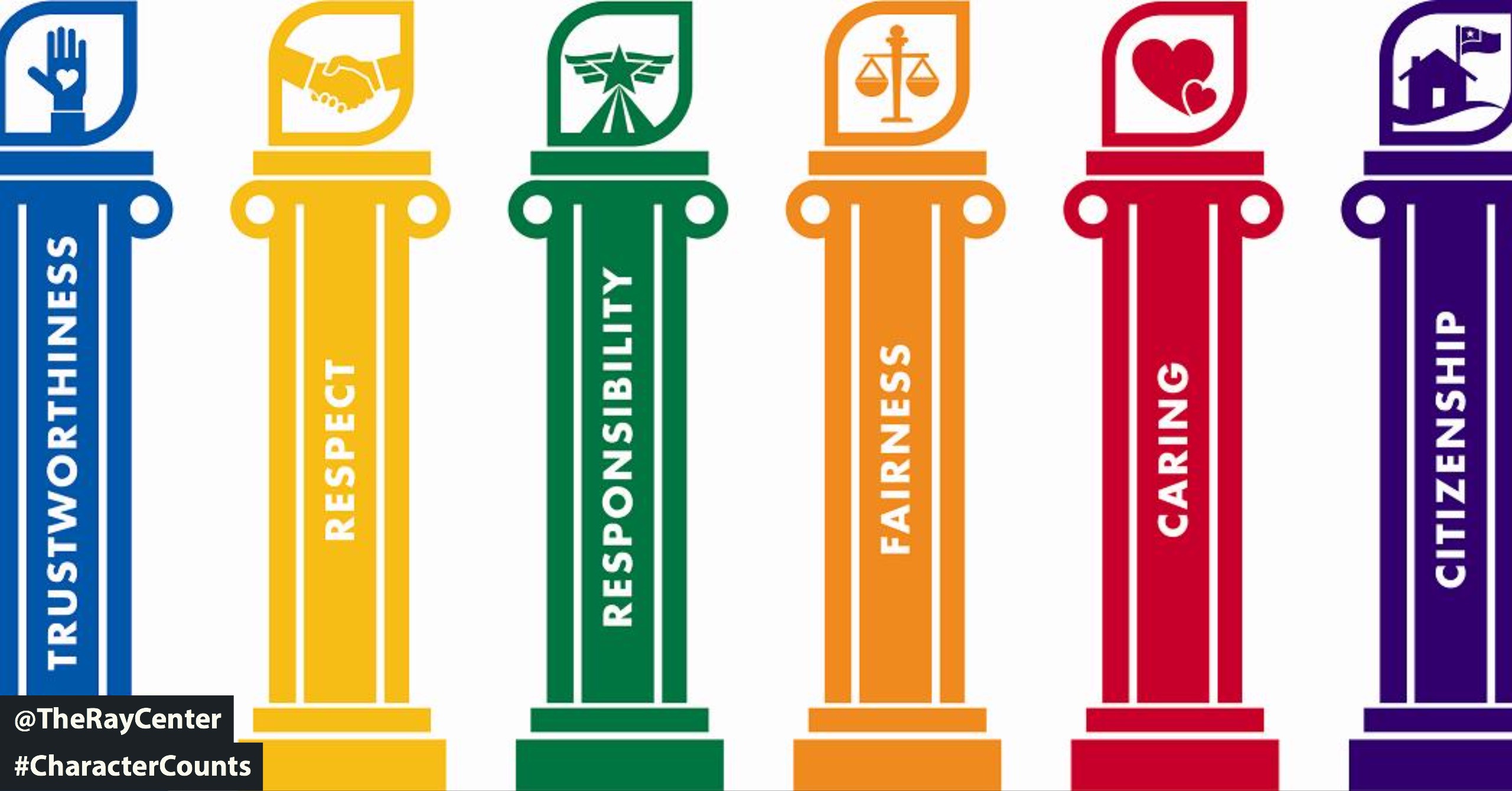Are you honorable?
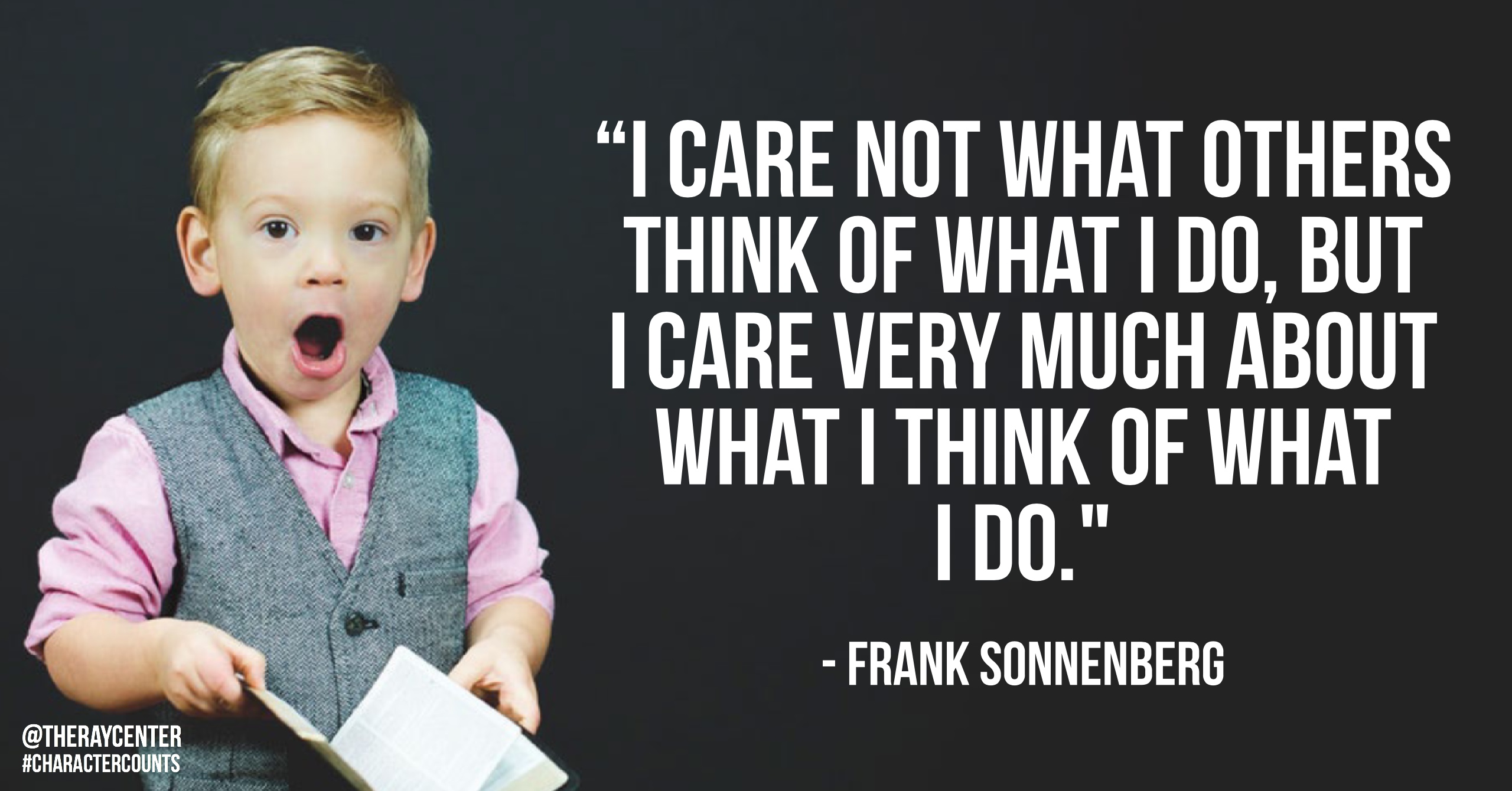
From our guest contributor Frank Sonnenberg.
There was a time when keeping your word held special significance. We took great pride in being of good character. Personal integrity was both expected and valued. That was a time when everyone knew each other’s family, and you wouldn’t do anything that would cast a shadow on your family’s good name. It was a time when integrity was instilled in children at a very early age and was viewed as instrumental in achieving success. The truth is, our world may have changed, but the importance of integrity has not. Your word is your bond. While we may not know everyone in our own town, the world is still smaller than you think. Create some bad news and you’ll learn this for yourself.
Every time you give your word, you’re putting your honor on the line. You’re implying that others can place their trust in you because you value integrity and would never let them down. It goes without saying that if you don’t live up to your word, you may end up tarnishing your credibility, damaging your relationships, and defaming your reputation. Most importantly, you’ll be letting yourself down. You must answer to your conscience every minute of every day. As Theodore Roosevelt said, “I care not what others think of what I do, but I care very much about what I think of what I do! That is character!”
But . . . when you operate with complete integrity, what you say will be taken at face value, your intentions will be assumed honorable, and your handshake will be as good as a contract. Most importantly, you can take great pride in the standards that you’ve set for yourself and sleep well at night knowing that your conscience is clear. As for others . . . just when they think they’re fooling the world, they’ll realize that they’re only fooling themselves. Honor matters! Your word is your bond, after all.
 Frank is an award-winning author. He has written six books and over 300 articles. Frank was recently named one of “America’s Top 100 Thought Leaders” and one of America’s Most Influential Small Business Experts. Frank has served on several boards and has consulted to some of the largest and most respected companies in the world. Additionally, FrankSonnenbergOnline was named among the “Best 21st Century Leadership Blogs” and among the “Top 100 Socially-Shared Leadership Blogs.” Frank’s newest book, BOOKSMART: Hundreds of real-world lessons for success and happiness, was released November, 2016 © 2017 Frank Sonnenberg. All rights reserved.
Frank is an award-winning author. He has written six books and over 300 articles. Frank was recently named one of “America’s Top 100 Thought Leaders” and one of America’s Most Influential Small Business Experts. Frank has served on several boards and has consulted to some of the largest and most respected companies in the world. Additionally, FrankSonnenbergOnline was named among the “Best 21st Century Leadership Blogs” and among the “Top 100 Socially-Shared Leadership Blogs.” Frank’s newest book, BOOKSMART: Hundreds of real-world lessons for success and happiness, was released November, 2016 © 2017 Frank Sonnenberg. All rights reserved.




